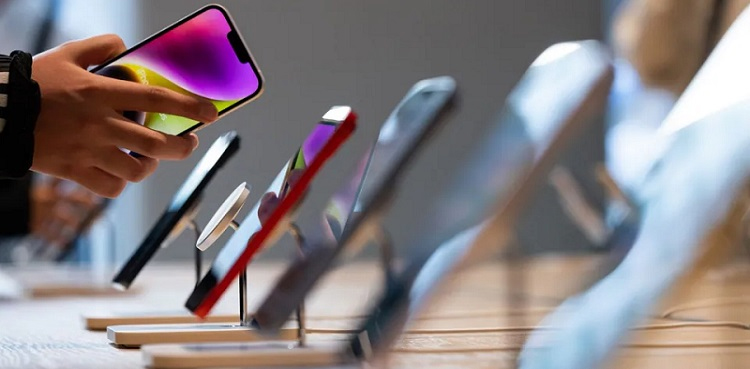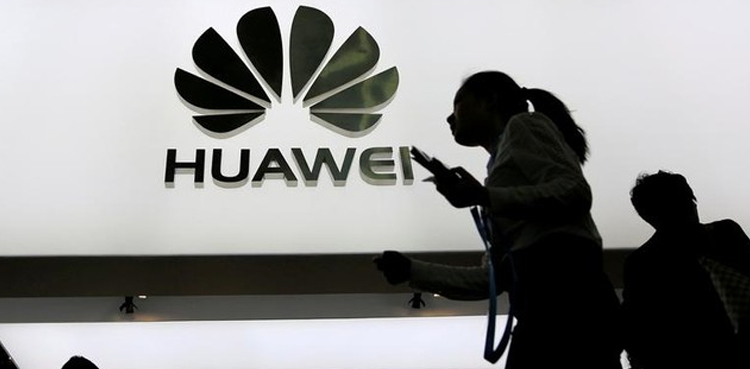
It has become obvious to those who observe, that when you want to destroy a country, you no longer bomb it with a nuclear or an atomic one. You launch an economic missile that eliminates any future opportunity for the country to successfully conduct its business. Apple, the most valuable company in the world by market cap of around $2.7 trillion has finally faced the brunt in China.

Its crime is not being the most valuable company, but being a US one, a country whose trade rivalry with China is gradually exceeding at unprecedented levels.
For the past 3 years, China and the US have been dropping economic bombs on each other, trying to belittle and hamper the growth of one another.
The enterprises of these countries are facing the challenges firsthand.
When the Biden administration introduced restrictions to the exports of semiconductor technology to China, it retaliated accordingly by sanctioning the exports of germanium and gallium to the US. These two substances are important raw materials in the manufacturing of advanced semiconductor technology.

Nvidia is a powerful US chipmaker whose valuation reached up to $1 trillion and observed a revenue decline when that ban was imposed. The US is further thinking of banning data center AI chips. Nvidia is concerned because 20% -25% of them are exported to China.
Fast forward to today, we see the new iPhone 15 along with a number of other high-tech Apple gadgets on the stage making an iconic launch. This happened a week or two before China banned Apple’s products for its government employees.
The announcement of the ban caused a decline of 6% of Apple’s valuation which is about $200 billion.

However, it is important to note that this tit-for-tat banning strategy has not been really on the US side. Instead, the move has been putting a dent in US firms’ sales figures.
Somewhere between late August and early September, China‘s firm Huawei successfully launched Mate 60 Pro, a smartphone with bleeding-edge capabilities for accessing 5G Networks. It was made from chips supplied by SMIC, China’s government-owned chipmaker giant.
This was the very technology type the US didn’t want to end up in China’s hands. The new smartphone was sold out in two days and the company’s domestic market share grew from 7% to 13%.
What’s the next step for the US? It is discussing banning the access of US cloud computing technology to Chinese firms.

The experts discuss that introducing such a ban will cause the Chinese firm to opt for domestic alternatives. It has become quite apparent that China has found ways of gaining access to advanced tech. So, a ban will not make a major impact on the Asian giant in the longer run and will likely backfire.
Another consequence of this Sino-US trade war was observed in August when a US chip maker giant Intel failed to acquire Tower Semiconductors, an Israeli firm of the same nature for around $5.4 billion. The failure was caused by the delay or denial of the approvals of the Israeli firm from Chinese authorities.
The US is currently turning vigilant on its semiconductor and chip exports to the Middle East as it postulates about the technology getting into Chinese hands from there. China on the other hand is on its way towards rapid technological development while equally reacting to any move regarding banning made by the US.
https://ift.tt/uemslW7
https://ift.tt/PLm3URp





0 Comments